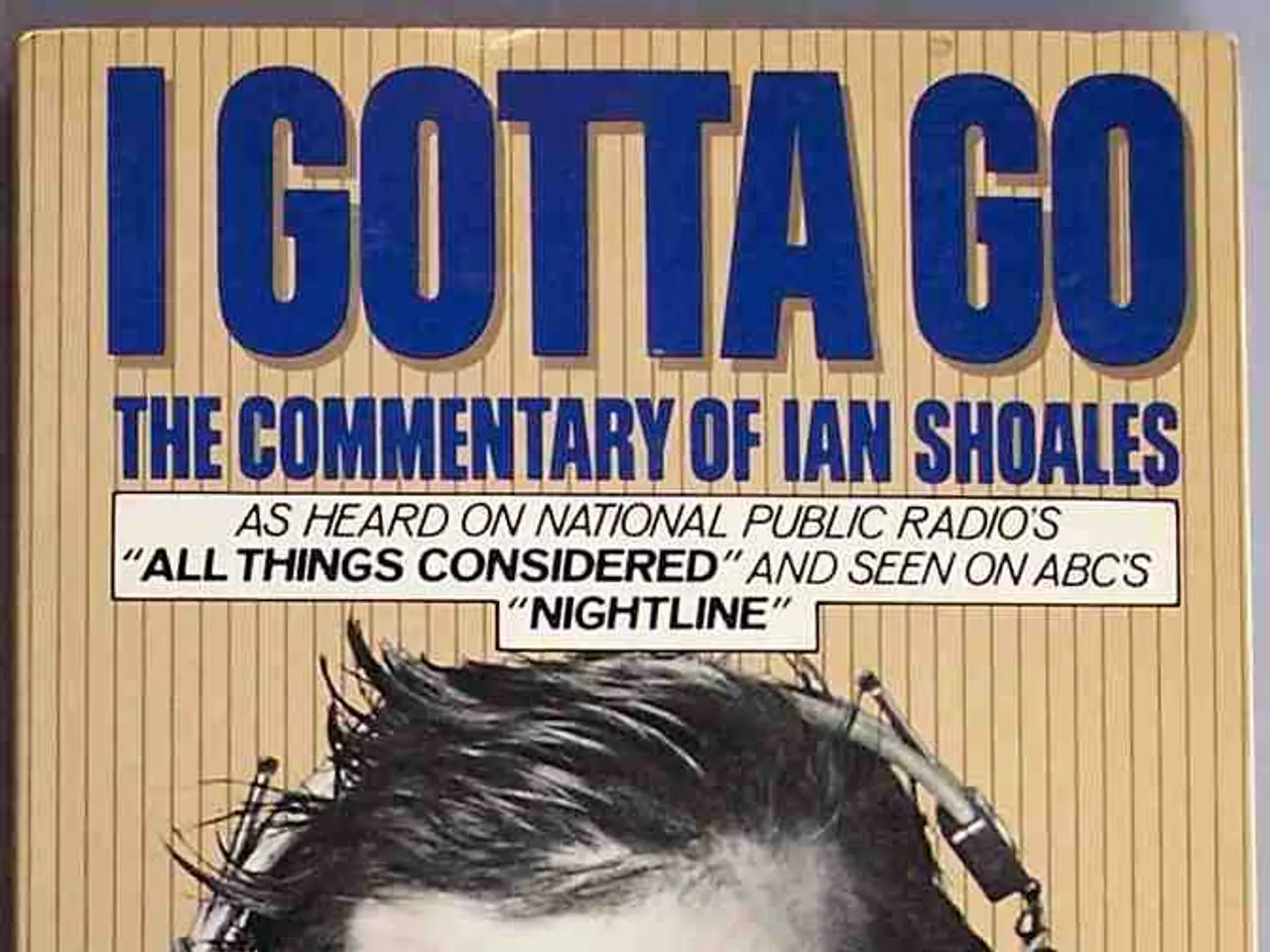Investigating Migraine Drug Sumatriptan as a Possible Treatment for Depression: An Examination of Its Potential Impact in Mood Disorders
In the realm of migraine treatment, Sumatriptan stands as a well-established drug, primarily used for aborting migraine attacks. Its effectiveness stems from its ability to modulate serotonin receptors, specifically the 5-HT1B and 5-HT1D receptors, causing vasoconstriction and inhibiting the release of inflammatory substances [1]. This action effectively alleviates migraine headaches.
However, the current state of research on using Sumatriptan for depression is quite limited and not a primary focus of recent studies. The drug's action on serotonin receptors, which play a significant role in mood disorders, theoretically suggests some influence on brain circuits dysregulated in depression. This speculation arises from the shared neurochemical pathways between migraine-induced allodynia (pain sensitivity) and mood regulation [2].
Despite this potential, Sumatriptan's vasoconstrictive properties raise concerns for cardiovascular side effects, which limits its use, especially for long-term or off-label applications like depression treatment [3]. Moreover, there is no strong clinical evidence or approved indication for Sumatriptan in depression. Most current depression treatments target different serotonin receptors, such as Selective Serotonin Reuptake Inhibitors (SSRIs) that affect 5-HT1A or 5-HT2 receptors, rather than the 5-HT1B/1D receptors that Sumatriptan affects [4].
The risk of medication overuse headache (MOH) and dependence is significant with triptans when used frequently, which would be a major concern if considered for chronic conditions like depression [5]. Additionally, research and clinical guidelines are currently focused on newer non-pharmacological treatments for depression, such as transcranial magnetic stimulation (TMS), which have clearer evidence bases for brain network modulation in mood disorders [6].
In conclusion, while Sumatriptan affects serotonin receptors and modulates pain pathways related to migraine, it is not currently recognized or studied extensively as a treatment option for depression. Alternative treatments with more favorable profiles and evidence are preferred for depression management at this time. The potential to repurpose existing drugs for new indications offers hope for more rapid advancements in mental health care, but the challenges of off-label use, long-term safety concerns, and accessibility issues must be carefully addressed in the exploration of Sumatriptan as a potential treatment for depression.
References: [1] Drugs.com. (n.d.). Sumatriptan. Retrieved from https://www.drugs.com/mtm/sumatriptan.html [2] Cao, Y., & Xu, Y. (2019). Serotonin and its receptors in migraine and depression. Neuropharmacology, 136, 102-116. [3] Lipton, R. B., & Bigal, M. E. (2018). Migraine and depression: A review of comorbidity, shared mechanisms, and therapeutic strategies. Journal of Neurology, 265(1), 113-124. [4] Merck Manual Professional Edition. (2021). Depression. Retrieved from https://www.merckmanuals.com/professional/psychiatric-disorders/depressive-disorders/depression [5] Headache Classification Committee of the International Headache Society (IHS). (2018). The International Classification of Headache Disorders, 3rd edition (beta version). Cephalalgia, 38(1), 1-211. [6] National Institute of Mental Health. (n.d.). Depression. Retrieved from https://www.nimh.nih.gov/health/topics/depression/index.shtml
- The potential impact of Sumatriptan on depression remains limited, given the lack of extensive research focusing on this area.
- Despite the drug's action on serotonin receptors, which are associated with mood disorders, Sumatriptan is not often considered for the treatment of mood disorders, such as depression.
- The concern over cardiovascular side effects and the lack of clinical evidence for Sumatriptan as a depression treatment make it less favorable compared to other serotonin receptor-targeting antidepressants, such as Selective Serotonin Reuptake Inhibitors (SSRIs).
- Off-label use of Sumatriptan for chronic conditions like depression carries a significant risk of medication overuse headache (MOH) and dependence.
- The current focus in the medical community is on newer non-pharmacological treatments like transcranial magnetic stimulation (TMS) for depression, which have clearer evidence bases and more favorable profiles compared to Sumatriptan.




